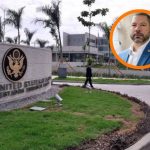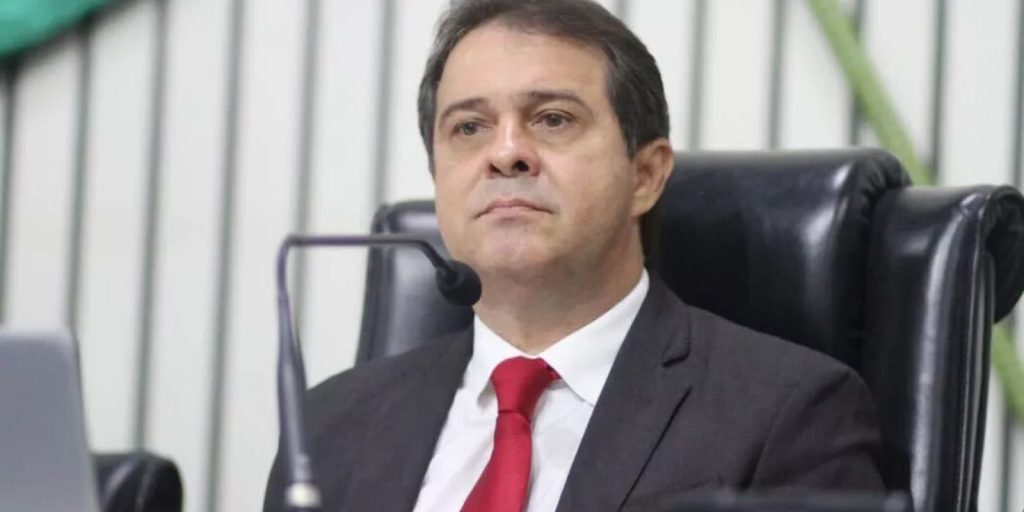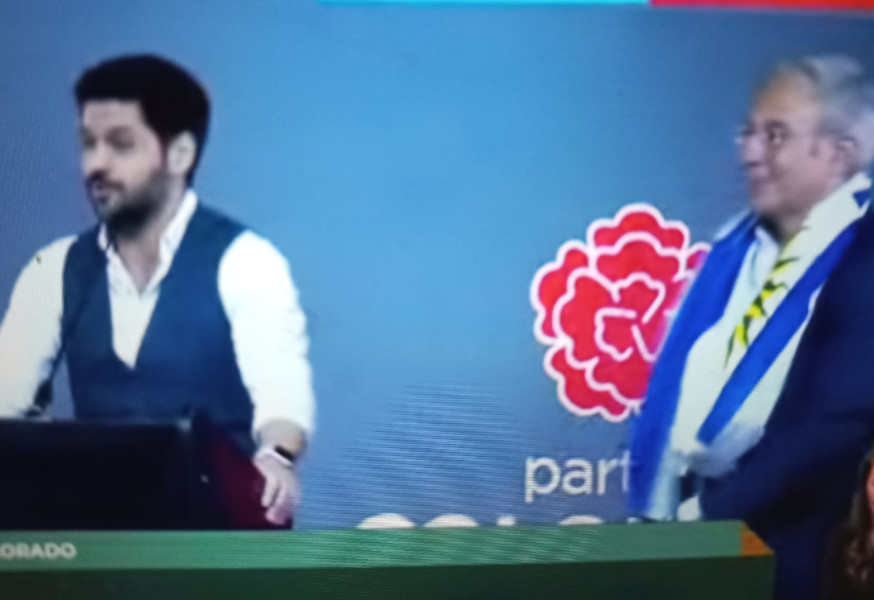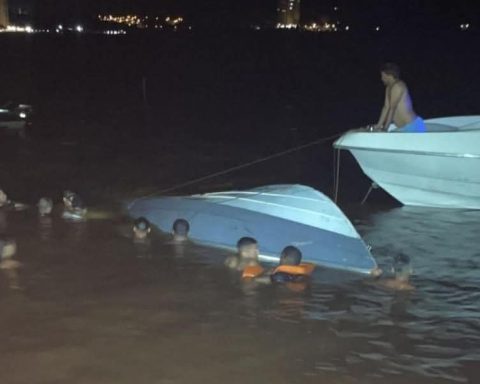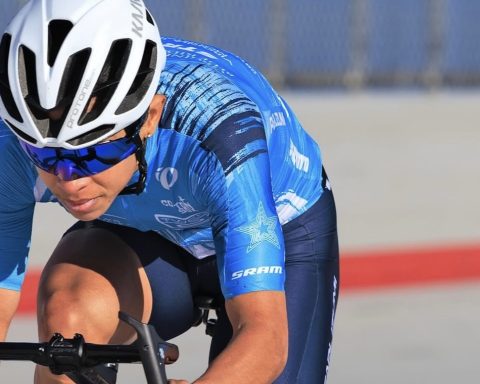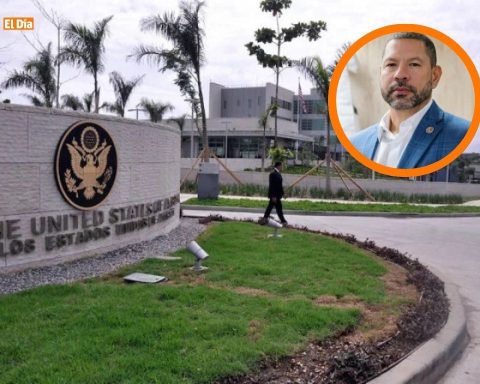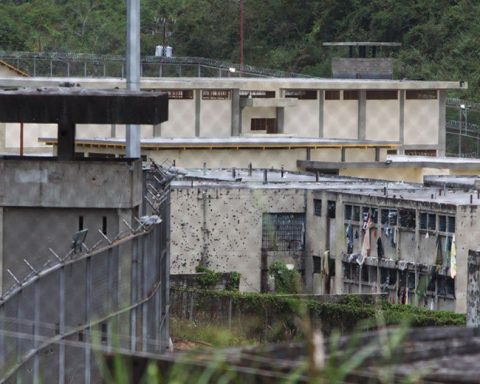October 28, 2024, 4:00 AM
October 28, 2024, 4:00 AM
For those who have lost loved ones, the distance shortens each time they visit their graves. Goodbyes are never overcome, but consolation comes in the cemeteries, where the pain is mitigated and peace is felt between memories and daily appointments.
His lifelong companion left this world almost a year and a half ago, just four months before turning 70, the same time he goes daily to visit her at her grave, because it is the moment when he finds comfort in his pain. That is the routine of Moisés Aliaga, 72 years oldwho only when talking about the woman with whom he had his five children, breaks down in tears.
Now he enjoys his eight grandchildren, but going to his wife’s grave, talk and pray for her, comforts him.
He assures that the consequences of covid-19 worked against his wife, which aggravated the diabetes she suffered from. “Everything became complicated for him, His organs were compromised and he couldn’t last even 24 hours,” he laments.
He sighs only when remembering a day with her, because the fatigue of the long hours of work became comforting. just by arriving and sharing the food that he always had prepared for him. “We lived well and shared everything, she took care of me and I took care of her,” he says through tears.
“It hurts the soul to lose its better half, everything remains empty. We never had problemsshe always lived for me and I for her, that’s why I come every day to visit her. I talk to her, I know she is always with me,” he says.
It is the second Day of the Dead that he will spend without his wife, that’s why he also feels nostalgic and remember all the life they spent together.
Remember that they fought to have something to sustain oneself in old agethat’s why they have some rentals.
He says that two storms from the Piraí took away his two houses, but they were with all the strength of youththat’s why they decided to move forward. The flood of ’83 buried his home and the next one also took away the other one they had built.
“We didn’t want to go to Plan Tres Mil, because when it rained you couldn’t even enter on foot and when it was sunny you couldn’t get there either. because everything was full of sand. My children were young and needed to go to school, that’s why I looked in a new neighborhood on Santos Dumont Avenue,” he says.
Moisés is from Los Yungas, but when he entered The barracks were assigned to Santa Cruz and he stayed in this land, where he met the woman with whom he formed his family.
At 73 years old, Miguel Durán takes great care of the mausoleum that he built himself. His wife’s remains rest there.her two children and other relatives, whom she temporarily shelters while they find another place for them.
Miguel goes every Monday without fail, although he also goes when sadness invades him. He assures that it is in that corner where You feel closer to your loved ones and where you find a little comfort for your pain.
The mausoleum, which stands out for the care with which it is maintained, is located in front of the crosses of the victims of covid-19, who were buried in pits, at ground level. Many of those tombstones and names have been devoured by time, to the point that it is impossible to identify who lies there.
Durán, a retired bricklayer, dedicates his time to keeping the graves of his loved ones in good condition. his wife He left ten years ago, and since thenevery Monday he goes to pray and share his sorrows and joys.
He remembers with regret one of the most painful moments of his life, after the departure of his wife and children was when he had to move his remains from other niches to the mausoleum. “It’s like realizing that, as the scriptures say, life ends in dust. The pain is heavy and hurts like the first day,” he confesses with his eyes lowered, while showing the ossuaries where his relatives rest.
In contact with the dead
Mauricio Porras Guardia (26) has been working at the Sacred Heart of Jesus cemetery for about six years. “Thank God for the round yearor we work, because of my father I came here, because he was also a builder. “We belong to a union,” he says.
They build mausoleums, coverings and cover the tombs. They also transport the remains of the deceased, when people do the paperwork to take them to other cemeteries or sneak them into ossuaries.
“Some have beliefs and do ceremonies to bury them and to remove them,” comments, indicating that they have their clothing biosecurity for that work.
“Nothing has ever happened to me, they are called graveyards for a reason,” he says, indicating that he is not afraid to those who are no longer in this world.
Remember that at the time of the covid-19 pandemic he lost two of his co-workers, but it was their turn bury in common graves.
“Sometimes it was necessary to bury nine bodies, that’s whypeople have laid down their cross so that whenor visit them know where they are,” he says.









